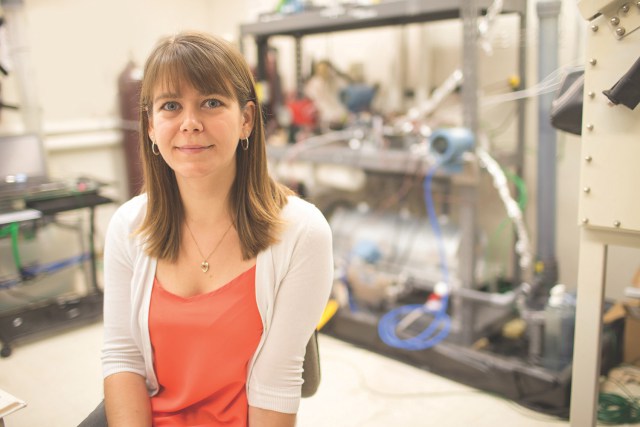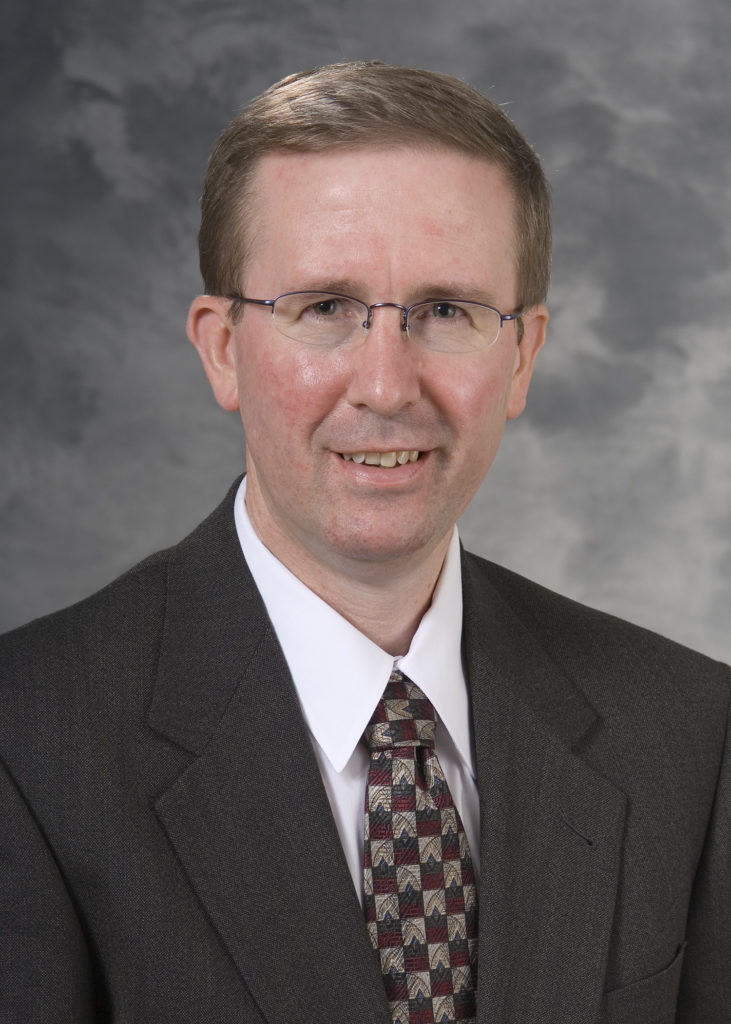Posts by Berkeley Engineering
Enhancing Nuclear Plant Economics and Safety Through Online Monitoring and Prognostics
SPEAKER: JAMIE COBLE DATE/TIME: MON, 04/29/2019 at 4:00PM – 5:00PM LOCATION: 3105 ETCHEVERRY HALL Spring 2019 Colloquium Series Enhancing Nuclear Plant Economics and Safety through Online Monitoring and Prognostics Abstract: The current approach to operations and maintenance (O&M) relies primarily on periodic inspection and maintenance activities scheduled to preclude in-service degradation and failure; however, this…
Read More21st Century Nuclear Energy
SPEAKER: TODD ALLEN DATE/TIME: MON, 04/22/2018 – 4:00PM TO 5:00PM LOCATION: 3105 ETCHEVERRY HALL Spring 2019 Colloquium Series Abstract: An interesting new narrative has arisen around the need for nuclear energy and how an emerging set of privately funded companies are attempting to take a new set of nuclear energy products to commercialization. This presentation will describe…
Read MoreHastening Innovation in Materials for Energy
SPEAKER: DR. MICHAEL P. SHORT ASSOCIATE PROFESSOR OF NUCLEAR SCIENCE AND ENGINEERING MIT DATE/TIME: MON, 04/15/2019 – 4:00PM TO 5:00PM LOCATION: 3105 ETCHEVERRY HALL Spring 2019 Colloquium Series Abstract: Energy production and availability is the root driving force behind economic development and prosperity. The energy sector employs 5% of all Americans, with 7% of new job growth attributed…
Read MoreBerkeley Students Win Awards at 2019 ANS Conference
Berkeley Students Win Awards at 2019 ANS Conference Wednesday, April 10th, 2019 Undergraduate students Andrew Dong and Emily Vu won awards for their presentations at the American Nuclear Society Conference this past week, April 4-6, held in Richmond, Virginia. Andrew Dong was awarded Best Presentation in Materials Science and Technology. While Emily Vu took home Best Presentation in…
Read MoreIsotopic Feedback and Stability in Fission Waves
SPEAKER: ANDREW OSBORNE DATE/TIME: MON, 04/08/2018 – 4:00PM TO 5:00PM LOCATION: 3105 ETCHEVERRY HALL Spring 2019 Colloquium Series Abstract: Under the right conditions, self sustaining fission waves can form in fertile nuclear materials. These waves result from the transport and absorption of neutrons and the resulting production of fissile and fissionable isotopes. When these fission, additional neutrons…
Read MoreVisiting Student Markus Alfreider wins 3rd place in Poster Contest
Visiting Student Markus Alfreider Wins 3rd Place in Poster Contest April 2, 2019 Markus Alfreider is a visiting student from Austria, funded through the Marshall Plan fellowship. He won 3rd place in the TMS 2019 poster award in “Mechanical Behavior Related to Interface Physics III”. The contest took place in San Antonio, Texas. This work…
Read MoreMulti-physics Modeling and Simulation of Advanced Reactor Concepts Using MOOSE: A Cohesive Computational Framework
SPEAKER: DR. RICHARD MARTINEAU DIRECTOR NUCLEAR SCIENCE & TECHNOLOGY’S (NS&T) MODELING AND SIMULATION DATE/TIME: MON, 04/01/2019 – 4:00PM TO 5:00PM LOCATION: 3105 ETCHEVERRY HALL Spring 2019 Colloquium Series Abstract: In 2008, Dr. Martineau’s Laboratory Directed Research and Development (LDRD) project enabled the development of INL’s Multiphysics Object-Oriented Simulation Environment (MOOSE) computational framework. The development of INL’s Multiphysics Object-Oriented…
Read MoreCSS 2019 Graduate Student Fellowship Announcement
CCS 2019 Graduate Student Fellowship Announcement March 12, 2019 The Center for Chinese Studies offers annual competitive fellowships for continuing graduate students in Chinese studies. Applications must be received by email by April 1, 2019. Late applications will not be considered. Applications and more information here: http://ieas.berkeley.edu/ccs/students_fellowships.html Awards include: CCS Language Study Grants Dissertation Writing fellowships MA…
Read MoreDisorder-based Instruments and Methods for Sensitive Nuclear Inspections
SPEAKER: DR. SÉBASTIEN PHILIPPE STANTON NUCLEAR SECURITY FELLOW DATE/TIME: MON, 03/11/2019 – 4:00PM TO 5:00PM LOCATION: 3105 ETCHEVERRY HALL Spring 2019 Colloquium Series Abstract: Verifying states compliance with international agreements requires trustworthy data. Acquiring such data requires, in turn, measurement systems that are considered secure by all parties. This is particularly challenging in cases where measurements are conducted in sensitive…
Read MoreOut for Undergrad Application Round One is Open
Out for Undergrad Application Round One is Open March 11th, 2019 If you’re not familiar with Out for Undergrad (O4U) or the O4U Engineering Conference, you can learn more about it on the website here: https://www.outforundergrad.org/. To keep it short and sweet, it is a weekend-long professional development conference for high achieving, high potential LGBTQ+ undergraduate students who…
Read More






